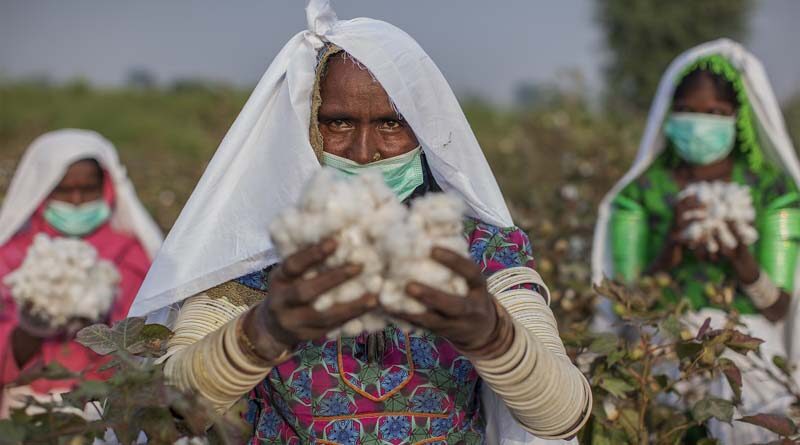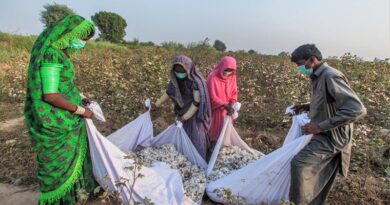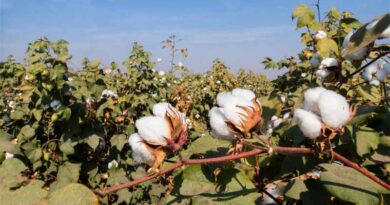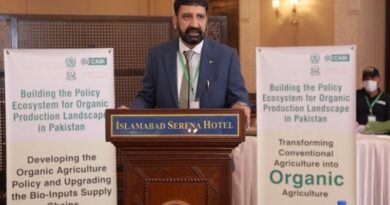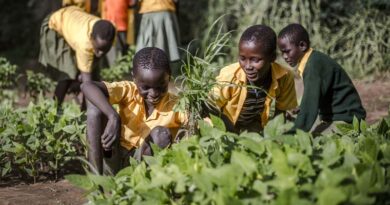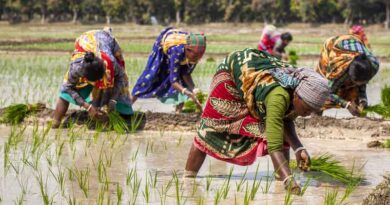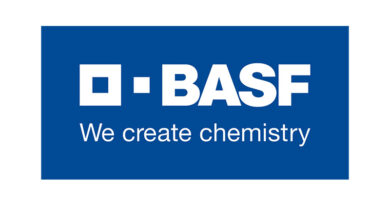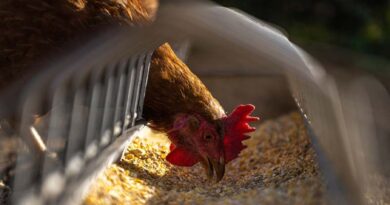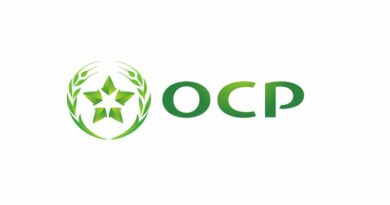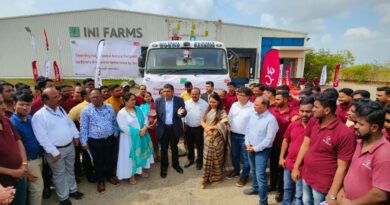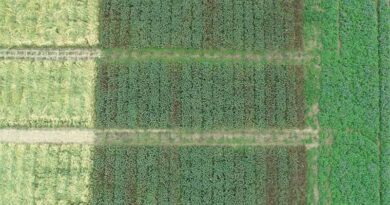CABI reports good progress made in 2021 as part of its work with the Better Cotton Initiative in Pakistan
02 February 2022, Pakistan: CABI has reported good progress made against a range of key objectives as part of its work in 2021 to help Pakistan’s cotton farmers reduce annual losses of around $350m through poor production, transport and storage practices under the Better Cotton Initiative (BCI).
CABI in Pakistan, funded by the Better Cotton Initiative’s Growth & Innovation Fund, and working with a range of partners including last year reached out to 32,491 farmers and over 75,476 workers with training on issues such as proper cotton picking, health and safety, female empowerment and the prevention of child labour.
Cotton is Pakistan’s largest industrial sector and has played an important role in the economic development of the country and remains a key livelihood source for more than one million farmers.
Misuse of pesticides
However, the misuse of pesticides and water, the inappropriate use of chemical fertilizers, transportation and storage problems as well as gaps in knowledge and skills have resulted in the industry annually losing around 10-15 percent of its value.
So far, the project in Sindh has the capacities of 56,796 female farm workers enhanced with the establishment of 33 entrepreneurs of bird and animal farming, flour mills and vocational training centre for tailoring for BCI farmworkers.
Training has been conducted in person and the use of local media and mobile technology has also been employed by way of advertising on FM radio stations and the addressing of cotton crop issues through WhatsApp Groups.
Improving livelihoods
Other initiatives under the scheme conducted in 2021 include steps to improve livelihoods by creating 1,000 food orchards among poorer farmworkers and the development of three plant nurseries with more than 25,000 saplings planted.
Farmers have also contributed to the enhancement of local biodiversity through the building of almost 230 nests for birds at BCI farms.
Sustainable approaches to the management of cotton crop pests and diseases have also been advocated and include the use of yellow sticky traps to tackle sucking pest of cotton crop at 140 plots. The use of pheromone traps to monitor and manage pink bollworm has also been at 140 plots as has the sowing of attractant crops to enhance the population of beneficial organisms at the same number of locations.
Benefits of compost
Similarly, BCI Farmers were trained through demonstration plots of compost that was developed from farm waste. in this regard, 70 heaps of composts were showcased at BCI villages and farmers were invited to learn about this intervention. right now, 193 farmers are developing compost for the upcoming cotton season.
CABI has also worked with BCI farmers and their workers alongside the Sindh Irrigated Agriculture Productivity Enhancement Project (SIAPEP) for the provision of 278 sets of kitchen gardening kits including a drop irrigation system.
Other collaborations throughout the year saw CABI working with the Sindh Irrigation & Drainage Authority (SIDA) water management department for the creation of cemented water courses at BCI farms and work with Fauji Fertlizer Company Limited, Hyderbad region, for the conducting of soil tests at 364 BCI farms. This also included training given to farmers.
Good progress
Noor Nabi Bhutto, BCI Project Manager in Sindh Province, said, “CABI made good progress throughout 2021 to help farmers and farmworkers implement the Better Cotton production principles and practices which resulted in nearly 262,756 metric tonnes of better cotton produced.
“We very much hope our work within the project will be extended for another three years so we can help even more cotton farms in Pakistan protect their crops from harmful pests and diseases while also conserving natural habitats.”

